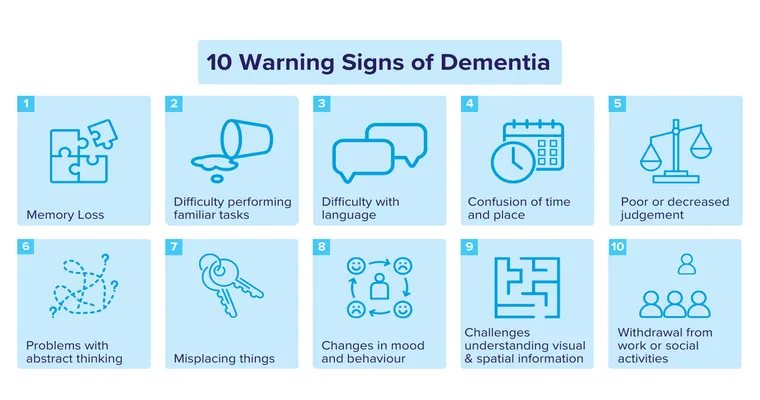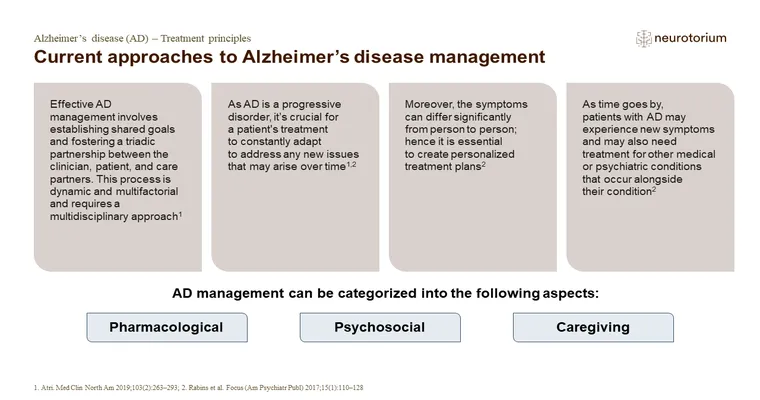Caring for someone with "Alzheimer’s disease" can be both rewarding and challenging. As a caregiver, it is essential to understand the unique needs of your loved one and create a supportive environment that promotes their well-being. This article will provide you with practical "tips for caring for someone with Alzheimer’s" at home, ensuring that both you and your loved one can navigate this journey with compassion and understanding.
Establish a Routine
Creating and maintaining a daily routine is crucial for individuals with Alzheimer’s. Familiar patterns can reduce confusion and anxiety. Try to establish a consistent schedule for meals, activities, and bedtime. This predictability can help your loved one feel more secure and reduce the likelihood of distress.
Simplify the Environment
Alzheimer’s can make it difficult for individuals to process information. Simplifying the environment can help reduce distractions and confusion. Keep commonly used items in obvious locations, minimize clutter, and use labels for rooms and objects. A calm, orderly space can significantly enhance comfort and ease.
Communicate Clearly
Effective communication is vital when caring for someone with Alzheimer’s. Speak slowly and use simple sentences. Make eye contact and ensure you have their attention before speaking. It may also help to use non-verbal cues, such as gestures or facial expressions, to convey your message. Patience is key, as your loved one may need extra time to process information.
Engage in Activities
Finding appropriate activities can help stimulate your loved one’s mind and promote a sense of achievement. Engage them in activities that match their interests and abilities. This could include puzzles, gardening, or listening to music. Regular engagement can improve mood and provide opportunities for social interaction.
Monitor Health and Nutrition
Maintaining proper health and nutrition is essential for individuals with Alzheimer’s. Ensure that your loved one has a balanced diet rich in fruits, vegetables, whole grains, and lean proteins. Monitor their hydration and encourage them to drink water throughout the day. Regular check-ups with healthcare professionals are also important to address any medical concerns.
Provide Emotional Support
Individuals with Alzheimer’s often experience feelings of frustration, confusion, and sadness. Providing emotional support is essential to help them cope with their changing reality. Listen to their concerns, validate their feelings, and offer comfort. Simple gestures like holding their hand or providing a reassuring hug can make a significant difference.
Seek Help When Needed
Caring for someone with Alzheimer’s can be overwhelming at times. Do not hesitate to seek help from family members, friends, or professional caregivers. Joining a support group can also provide valuable resources and emotional support. Remember, taking care of yourself is just as important as caring for your loved one.
Plan for the Future
It is essential to plan for the future as Alzheimer’s progresses. Discuss legal and financial matters early on, and ensure that necessary documents are in order. Consider working with professionals who specialize in elder care and legal issues related to Alzheimer’s. This proactive approach can alleviate stress later on.
Conclusion
Caring for someone with Alzheimer’s at home requires a blend of compassion, patience, and practical strategies. By establishing routines, simplifying the environment, and engaging in meaningful activities, you can create a supportive atmosphere for your loved one. Remember to prioritize their emotional well-being and seek help when necessary. With the right approach, you can navigate the challenges of Alzheimer’s disease while maintaining a loving and supportive home environment.





